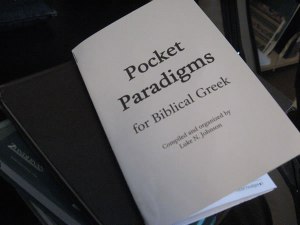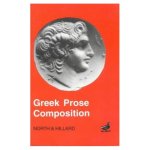
Since the early nineties, Stew Smith, Jon Thatcher, Stu Garrard, Tim Jupp, and Martin Smith have been travelling the world, and writing music to capture the vision of the church and to ignite its heart. For more than fifteen years they have shaped and reshaped the worship genre, and have tried to blur the lines between "Christian" and "mainstream" music. And now their time together is soon coming to a close. Next month Delirious? launches its final tour, "History Makers - Farewell Tour," in Europe and the British Isles. Unfortunately they aren't including North America in their final tour. I've been a big fan since 1995 or so, so there will be a big D? shaped hole in my fandom when November is over... I've had the chance to see them twice, in Edmonton and Ottawa; it's always a treat. If you find yourself in Europe next month, be sure to catch a show if tickets are still available!
Below is Delirious? playing "Investigate" at Willow Creek in Chicago as part of their Now is the Time tour. I've always thought it to be one of their most reaching, desperate sort of songs; straining to allow God to tear into the heart and purify what he finds.
Investigate my life and make me clean
Shine upon the darkest place in me
To you my life's an open book
So turn the page and take a look
Upon the life you've made
Always, my days, I'll praiseFly away, where heaven calls my name
Fly away, I'll never be the same
Investigate, I can't wait
Excavate, recreateInvestigate my life and take me through
Shine upon the road that leads to you
I know you'd heard the words I'd say
Before I'd even lived one day
You knew the life you'd made
Always, my days, I'll praiseInvestigate my life and make me clean
Shine upon the darkest place in me
When I go, when I return you've seen your holy fire burn
Upon the life you made
Always, I'll praise
This song appears originally on their Glo album (short for "Glory"), from 2000. About its writing, Stu Garrard says,
"Psalm 139 is one of my favorites. Whenever I read it, I'm struck by the words "God, investigate my life; get all the facts first hand." I really do want to be an 'open book' and often think about God exploring my thoughts and motives, searchlight in hand. Reading this psalm gives me a feeling of being totally surrounded by God - not being able to escape and not wanting to, either. He knows my thoughts; He knows the words on my lips before I speak. He is before and me behind me; there is nowhere I can go to flee from His presence. He formed me and knew who I was even before I was born. If I could fly away to the ends of the earth, He'd be there waiting for me. The thing is, I don't feel hemmed in - I feel liberated. Psalm 139 closes with the words:
'Investigate my life, O God, find out everything about me; cross-examine and test me, get a clear picture of what I'm about; See for yourself whether I've done anything wrong - then guide me on the road to eternal life (vv. 23-24, THE MESSAGE).'
Determined words of a psalmist on a journey, flavored with introspection and perhaps a little melancholy . . . perfect for the key of D minor, don't you think?"
I Could Sing of Your Love Forever: stories, reflections and devotions. Ventura, CA: Regal Books, 2007; pages 43-44


 It's a great little book, published over 100 years ago, that was once commonly used in schools for teaching children to write Greek. It offers exercise-by-exercise vocabulary lists, a English to Greek vocabulary list, and 175 composition exercises, beginning with simple sentences and working toward the composition of long paragraphs. This book teaches composition in what appears to be Attic Greek, which precedes Koine. Some forms are different, but for the most part it is easy enough to transfer over from Koine to Attic.
It's a great little book, published over 100 years ago, that was once commonly used in schools for teaching children to write Greek. It offers exercise-by-exercise vocabulary lists, a English to Greek vocabulary list, and 175 composition exercises, beginning with simple sentences and working toward the composition of long paragraphs. This book teaches composition in what appears to be Attic Greek, which precedes Koine. Some forms are different, but for the most part it is easy enough to transfer over from Koine to Attic.